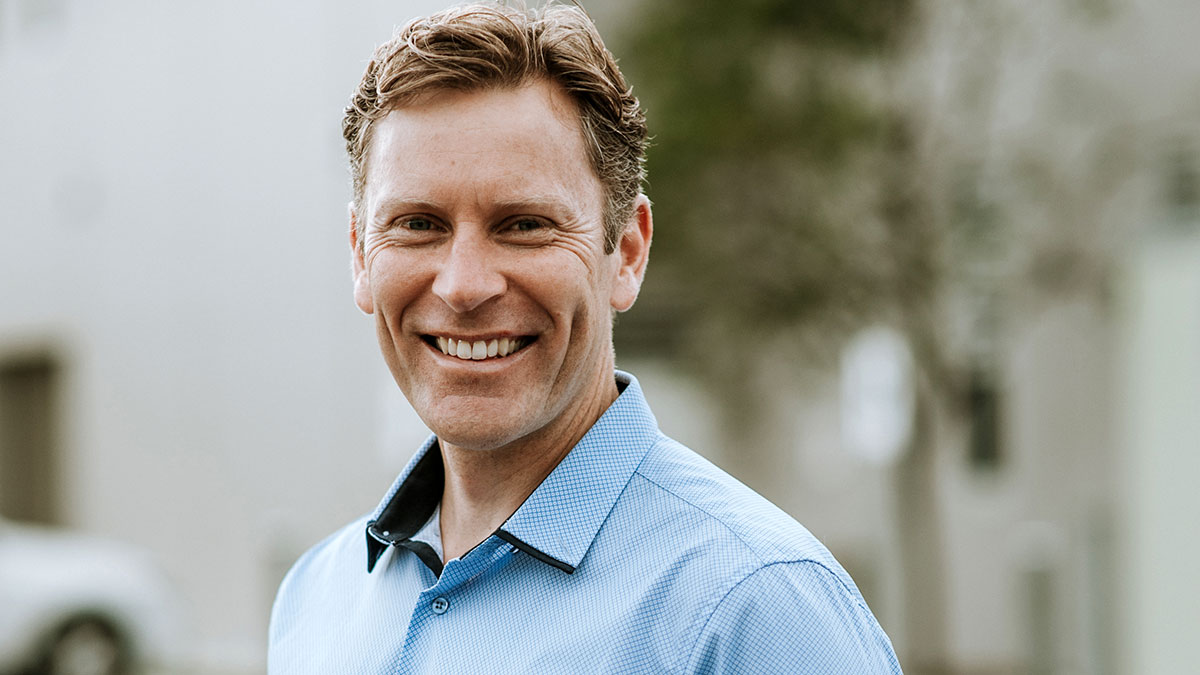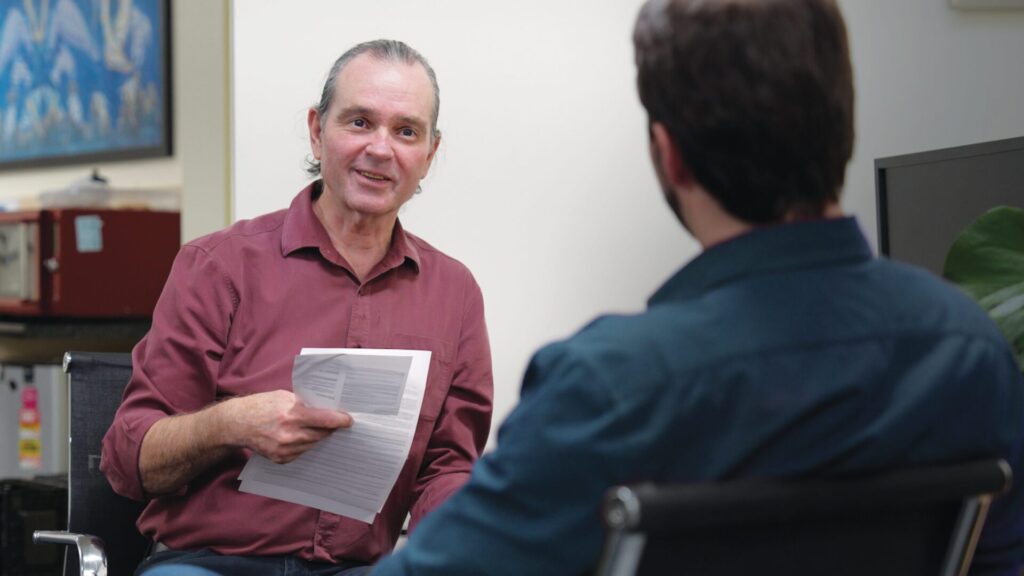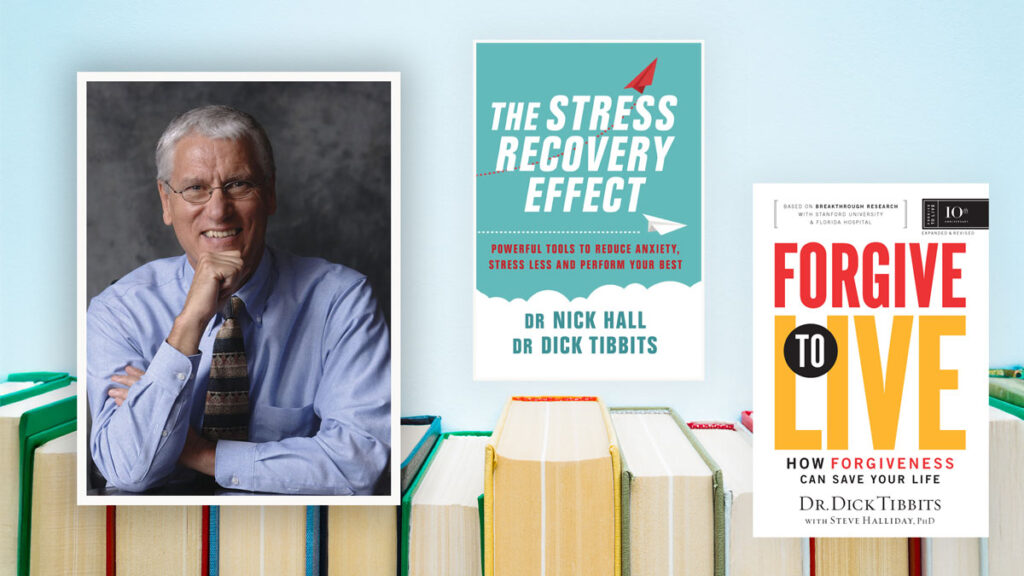Dr Darren Morton is director of the Lifestyle Medicine & Health Research Centre and an associate professor at Avondale University College. He talked about the new edition of Live More Happy and the timeliness of sharing this practical guide for emotional wellbeing.
From a wellbeing perspective, what are the unique challenges you see in what we have all experienced in the past few months?
Over the past few months, we have experienced unique challenges to our wellbeing. For some, the social disconnection has been particularly challenging. As I heard someone jest, “even introverts like to go out on their own!” Certainly, being in lockdown takes its toll on us—there is even a degree of grieving because we are restricted from doing things that normally keep us buoyed. Of course, when staying home, it is easy to default to a sedentary lifestyle—with a screen or device our ever-present companion. While there are some potential benefits that come with spending more time with family and a slower pace of life, this has been a challenging time for most people.
How have you adapted in your work as a teacher, health educator and researcher?
This past semester at Avondale I was only teaching one unit in a face-to-face format, so most of my work has carried on with relative normality. But I recognise that this is not the case for many others. Some people have been placed under huge financial strain, which is yet another wellbeing challenge.
Tell us about the wellbeing subject Avondale offers.
Avondale is leading the way as a provider of wellbeing in higher education. For example, Avondale has the only postgraduate course in Lifestyle Medicine in Australasia. Five years ago, we began to include wellbeing education in our undergraduate courses and students get to learn about the material in Live More Happy. This has been a tremendous success and we have now published several papers in scientific journals showing the positive impact this makes in the lives of students. Avondale exists to “inspire and equip for service” and providing for the students’ wellbeing is an imperative part of that.
What are the opportunities with this new edition of Live More Happy?
I always love it when people tell me that they enjoyed and benefited from my book so much that they shared it with others. This pocket edition makes it so much easier to do that. I have already had several people tell me that they have shared the pocket edition with people—even strangers—as it is more affordable to do it. I love that!
 Why is this such an important resource to be sharing at this time?
Why is this such an important resource to be sharing at this time?
We recently saw the appointment of Australia’s first Deputy Chief Medical Officer for Mental Health. Many people are struggling and this resource can give people practical strategies for maintaining and building their mental wellbeing. It is so needed at a time like this.
Tell us about the work you are doing with a local council in Queensland.
The Sunshine Coast Council was seeking a mental wellbeing initiative for their local community during the coronavirus lockdown. To cut a long story short, they are currently offering a 10-week program—based on my book—to residents in their local area. The response has been outstanding, with more than 3000 people signing up. This is such an excellent initiative and I would love to see other councils doing the same. I would love it if people contacted their local council, requested the program for their community and put them in contact with me!
So how do you suggest we share this new edition?
Everyone loves to receive gifts. Giving a gift like this offers the opportunity to create connections. Sometimes we would like to reach out to people but are not quite sure how to go about it. This pocket edition is an easy way to show someone you care and are interested in them.
Live More Happy (Pocket Edition) is available in packs of five for sharing from Adventist bookstores in Australia and New Zealand, or online.


 Why is this such an important resource to be sharing at this time?
Why is this such an important resource to be sharing at this time?



